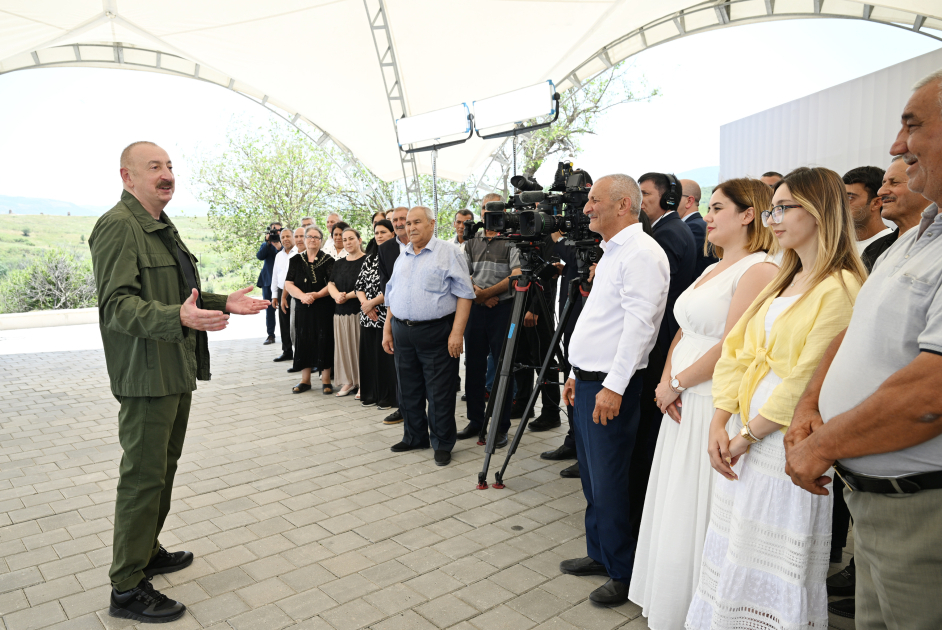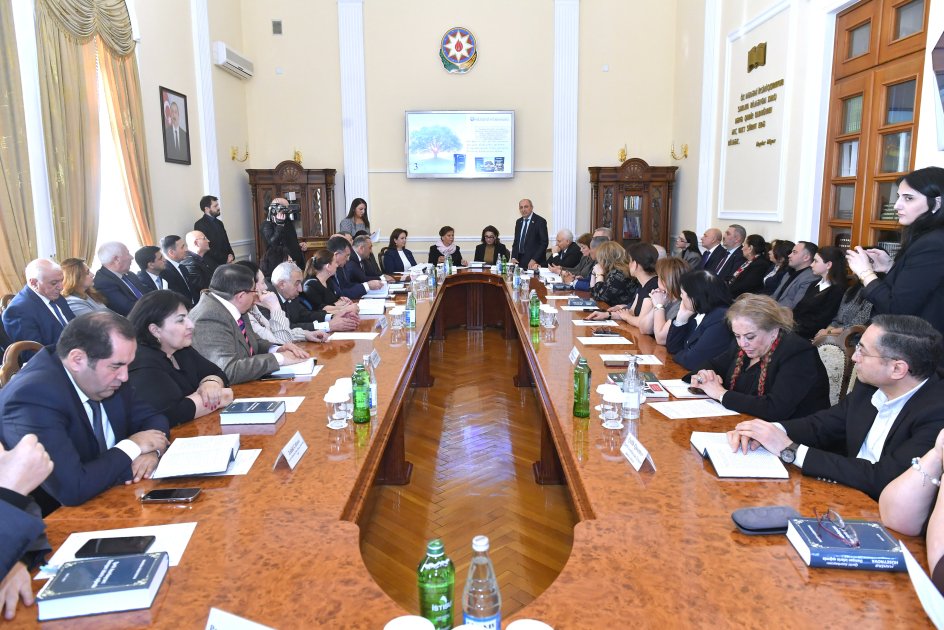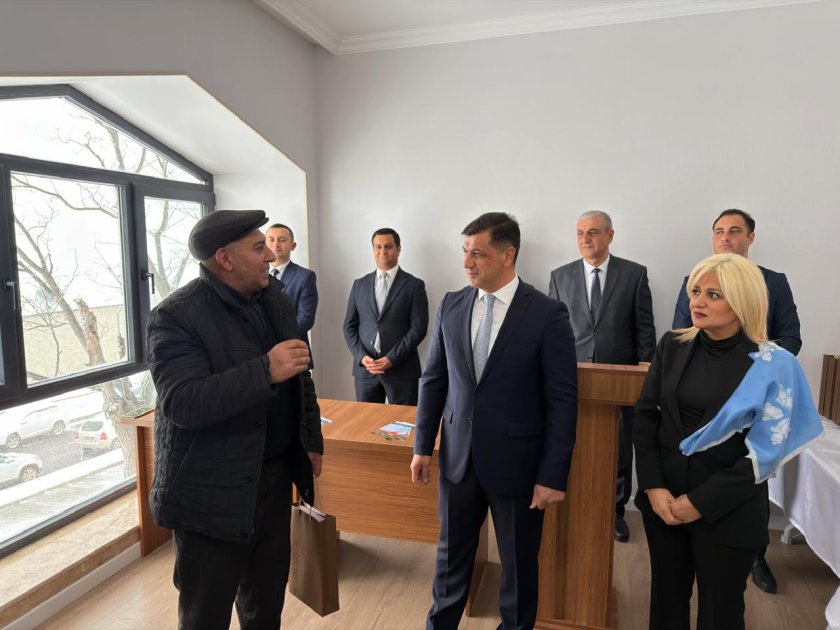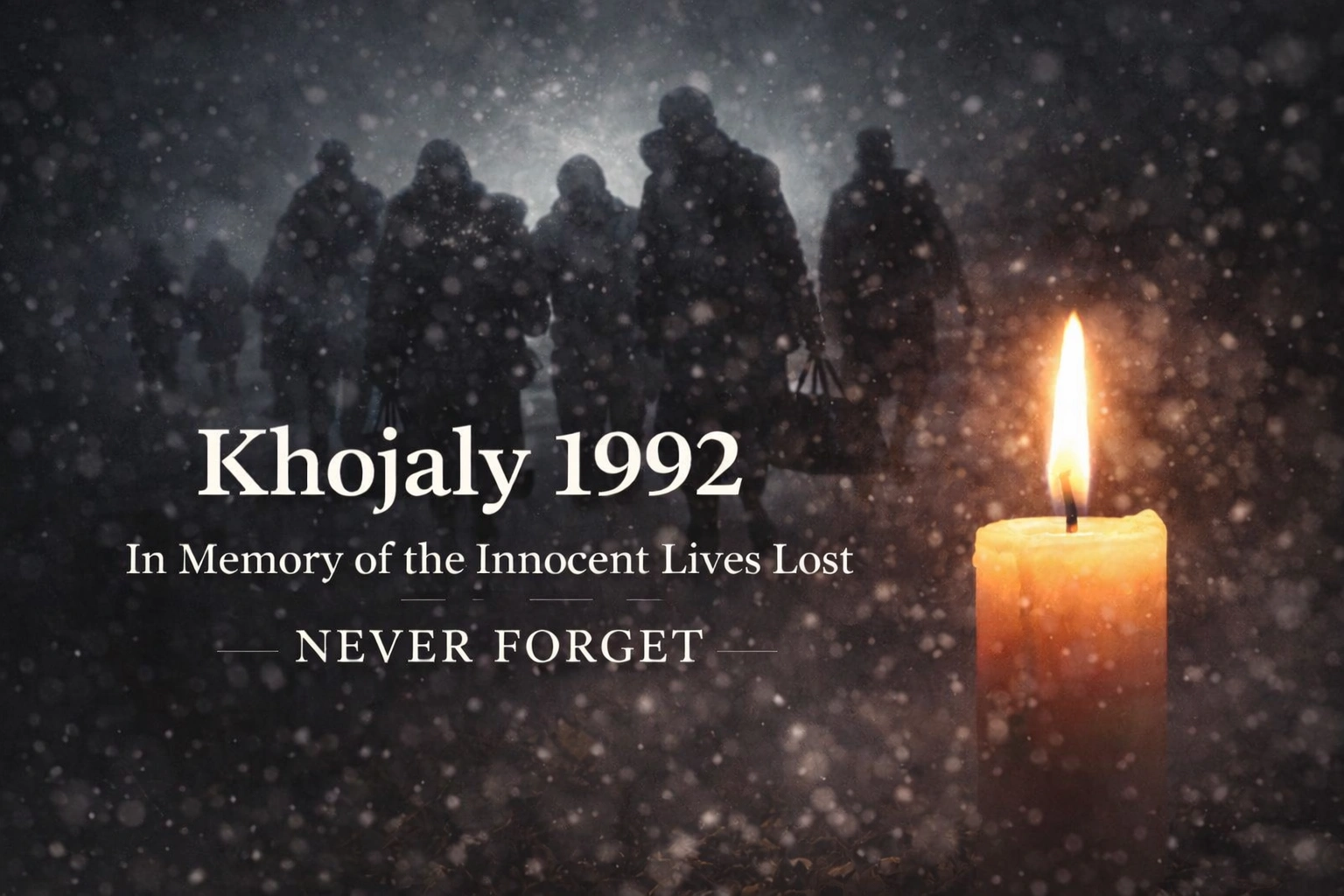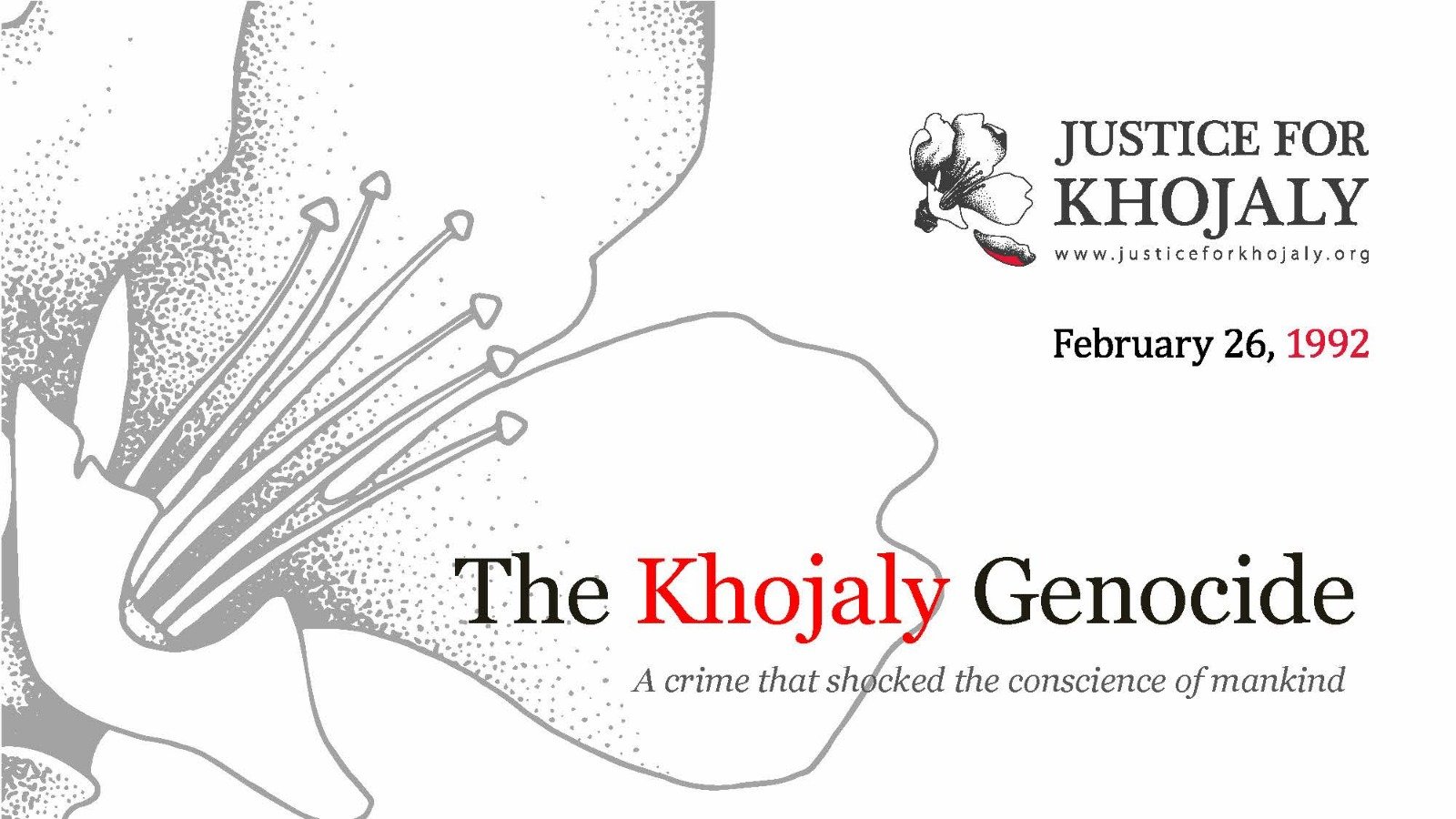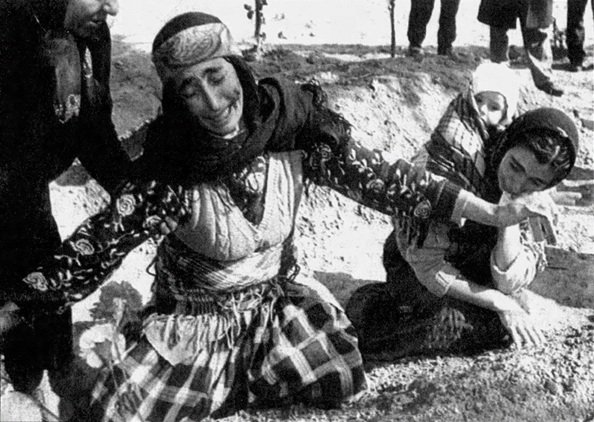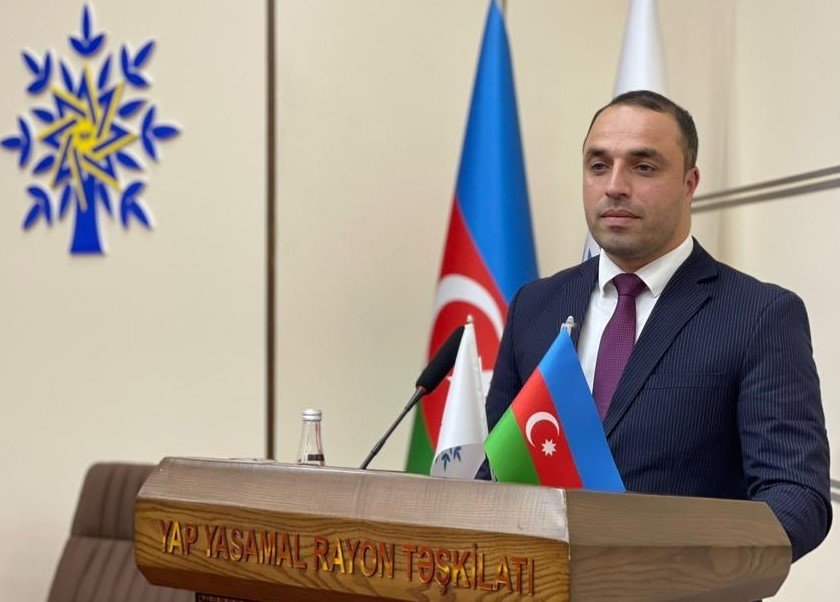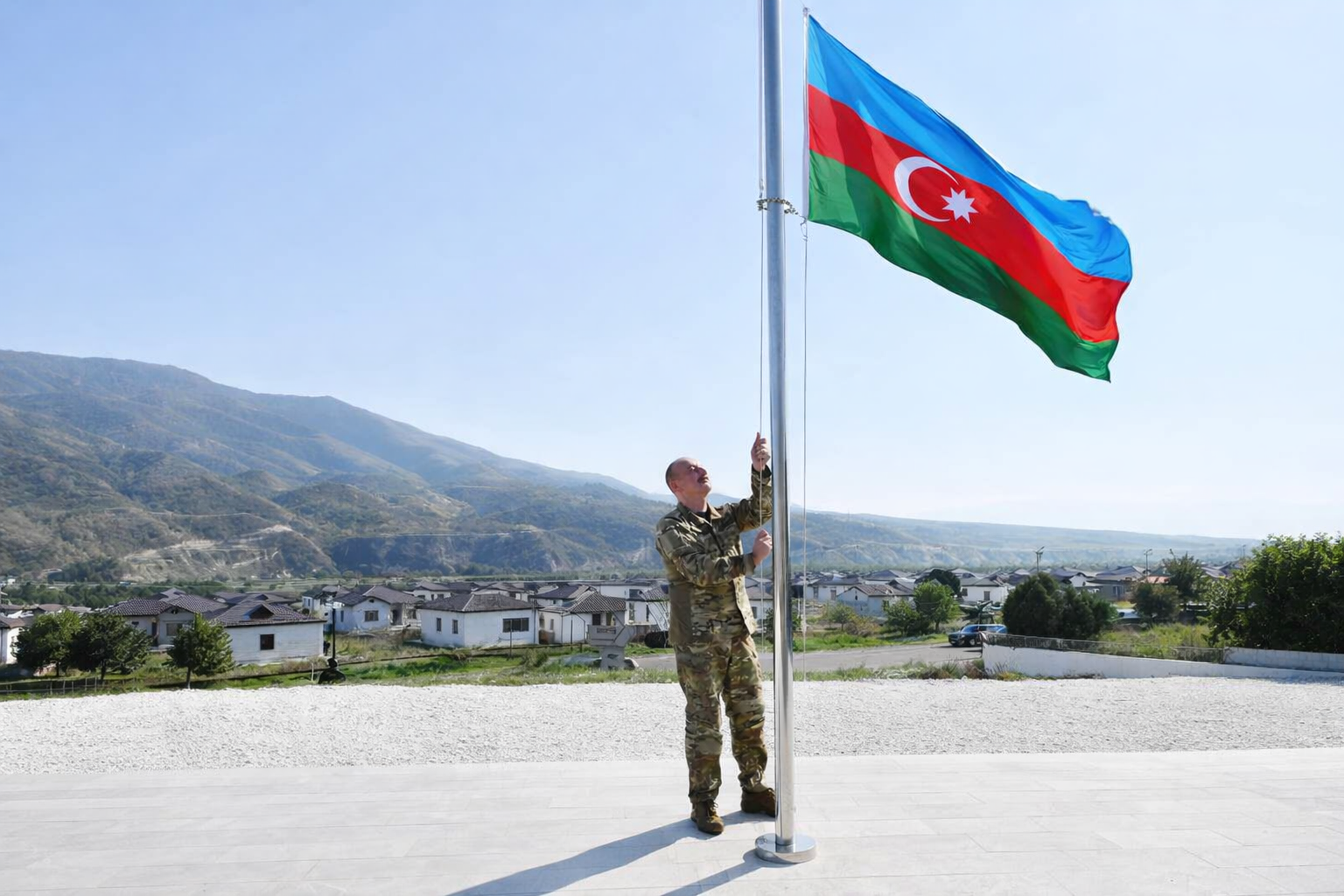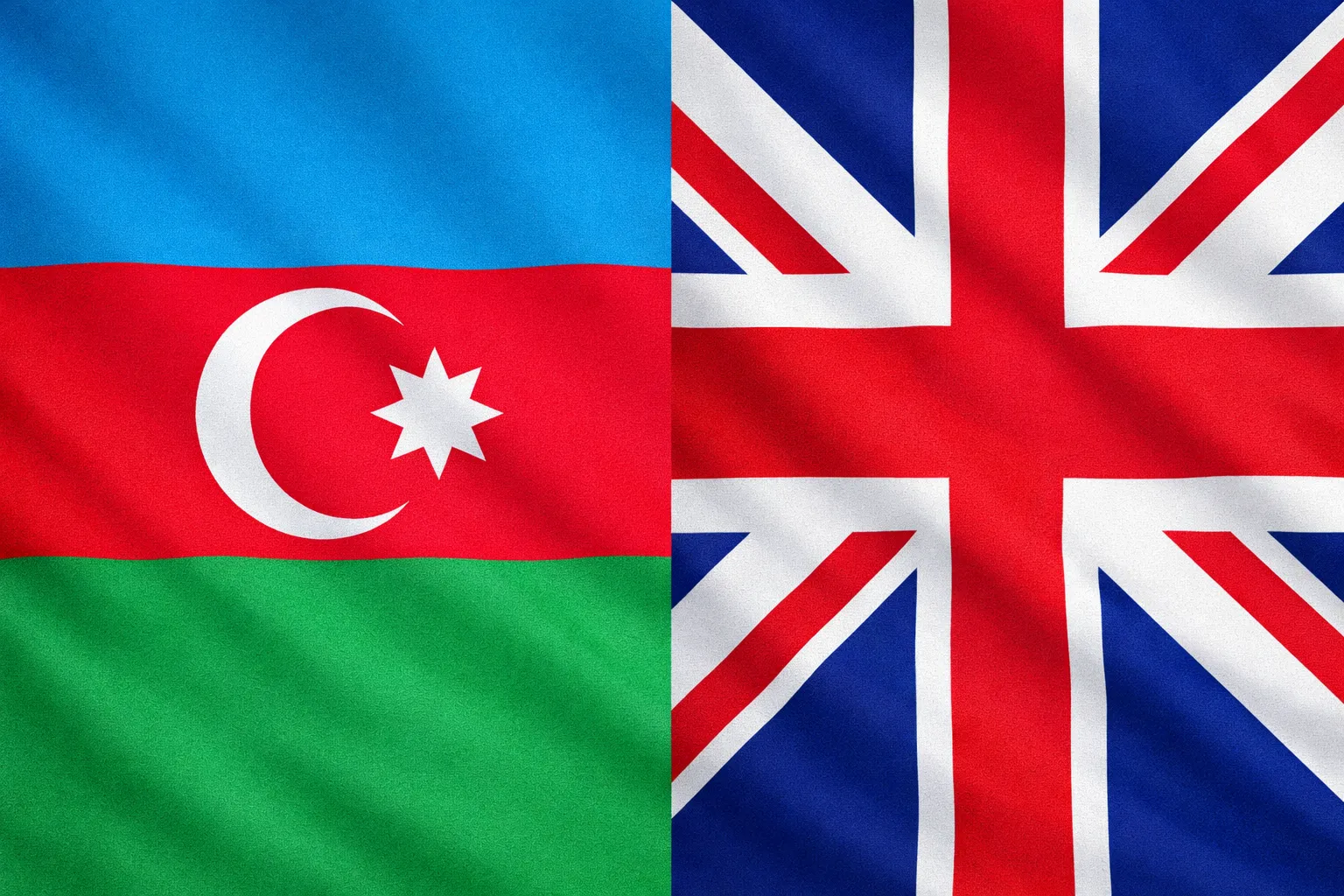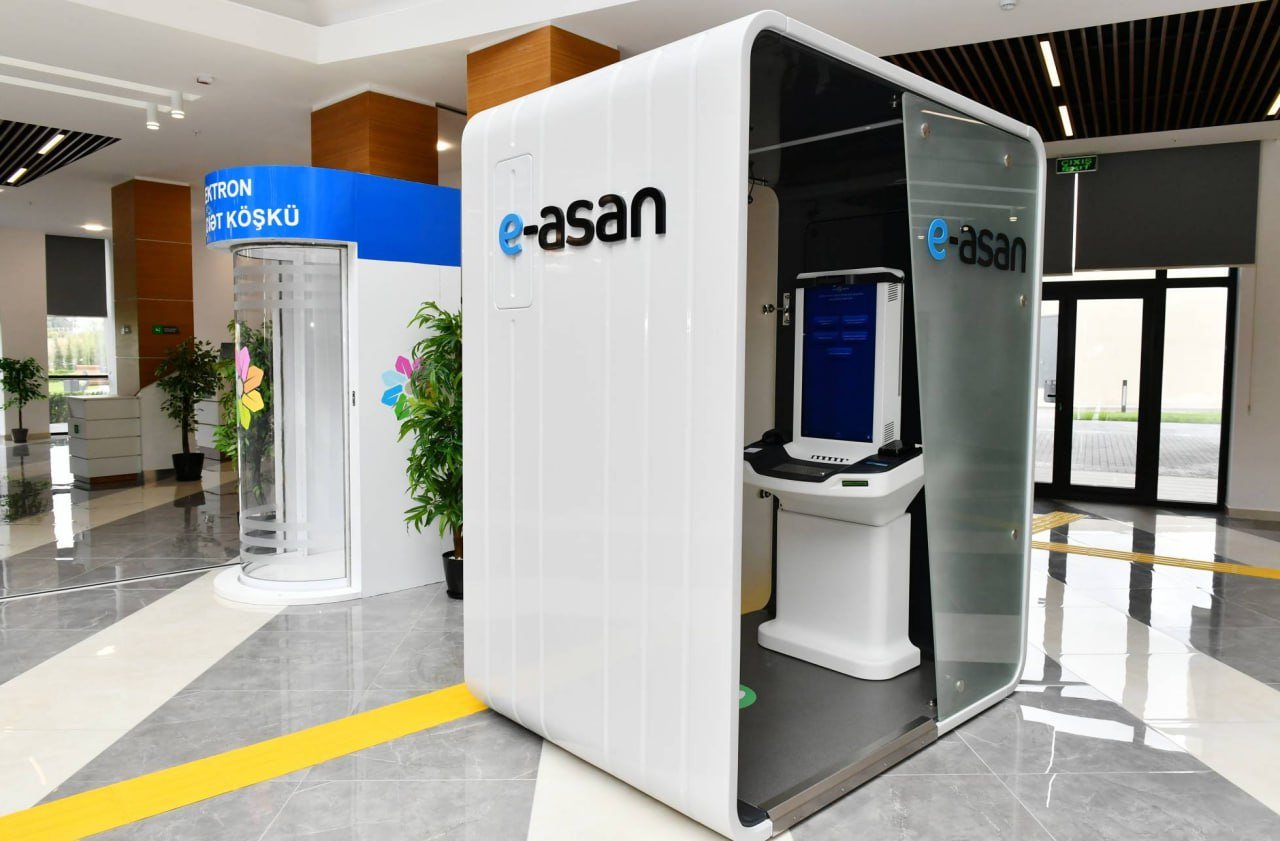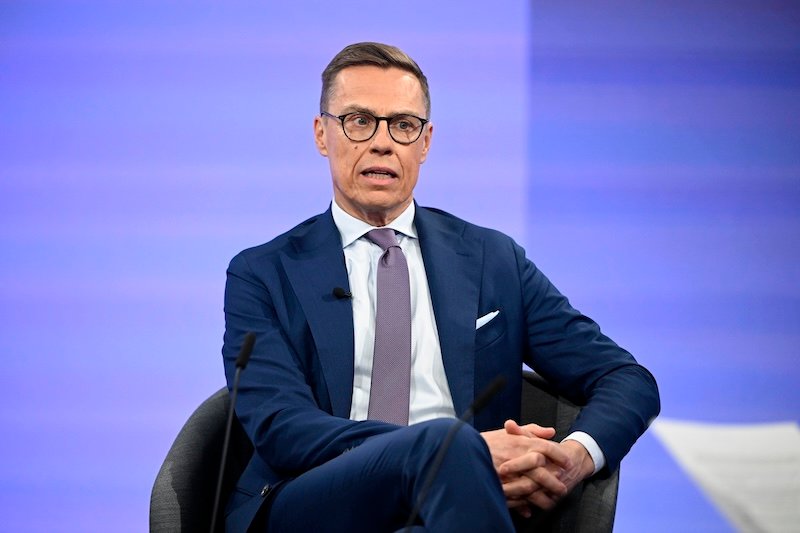Baku, July 30, 2025 – The Europe Today: The 2020 Patriotic War marked a defining chapter in Azerbaijan’s history, as the nation and its armed forces demonstrated extraordinary unity, resilience, and heroism in reclaiming territories long under occupation. This decisive victory, achieved under the leadership of President and Victorious Commander-in-Chief Ilham Aliyev, was more than a military success—it signified the restoration of territorial integrity, the assertion of national identity, and the reaffirmation of Azerbaijan’s sovereign will.
Today, Karabakh and East Zangezur stand as powerful symbols of Azerbaijan’s post-conflict renaissance. What was once a landscape of destruction is now being transformed into a beacon of hope, development, and modernity. The large-scale reconstruction and revitalization efforts underway in these liberated territories reflect not only economic ambition, but also a moral and cultural revival that underpins Azerbaijan’s broader vision for national progress.
Under President Ilham Aliyev’s guidance, extensive state-led projects are rapidly reshaping the region’s landscape. Roads, schools, industrial zones, and housing developments are emerging, supported by significant investments in agriculture, services, and renewable energy. These efforts have created favorable conditions for economic diversification and foreign investment, attracting both local and international stakeholders.
A key indicator of the region’s transformation is the surge in visitors. In July alone, more than 500,000 people—including former internally displaced persons (IDPs), tourists, entrepreneurs, cultural figures, and international media representatives—traveled to the liberated territories. Their presence underscores the region’s growing reputation as a safe, vibrant, and opportunity-rich destination.
The hosting of major international events further affirms the region’s restored prominence. The 17th Summit of the Economic Cooperation Organization (ECO), held in Khankendi this July, underscored Azerbaijan’s emerging role as a regional leader. In his address, President Aliyev emphasized Azerbaijan’s commitment to sustainable development, energy security, and regional connectivity through major infrastructure initiatives and the “Great Return” Program aimed at facilitating the return of former IDPs.
Shusha, designated as Azerbaijan’s cultural capital, hosted the 3rd Global Media Forum, drawing journalists and media professionals from across the world. The forum served as a platform to highlight Karabakh’s rich cultural heritage, foster intercultural dialogue, and showcase the region’s rapid transformation. The city also welcomed back the Vaqif Poetry Days, honoring the legacy of national poet Molla Panah Vaqif and celebrating Azerbaijan’s enduring cultural traditions.
High-level visits from regional leaders—including Gurbanguly Berdimuhamedov, Chairman of the Halk Maslahaty of Turkmenistan; Kyrgyz President Sadyr Zhaparov; and Uzbek President Shavkat Mirziyoyev—during the ECO Summit reflect deepening ties and shared strategic interests. These visits signify growing political and economic integration and reinforce Azerbaijan’s role in promoting regional solidarity.
Beyond physical reconstruction, the liberated territories are experiencing a profound spiritual and cultural revival. Every newly built facility, reopened institution, and restored cultural site is a testament to Azerbaijan’s resilience and unity. The transformation of Karabakh and East Zangezur into dynamic centers of innovation, tourism, and culture stands as a living embodiment of the nation’s unwavering determination to build a prosperous, inclusive, and sovereign future.
The restoration journey is not only about rebuilding infrastructure, but also about healing, hope, and the enduring spirit of the Azerbaijani people. Karabakh and East Zangezur now represent a new chapter in the nation’s history—defined by strength, vision, and a collective aspiration for peace and progress.
